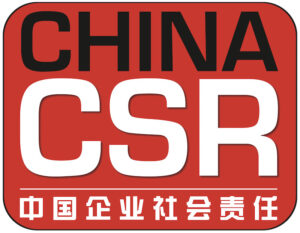Greenpeace recently published a report on pesticide residues in vegetables and fruit in China, which shows five kinds of fruit and vegetables contained extremely poisonous pesticide and produce sold in supermarkets contain higher level of pesticide residue than those sold in agricultural markets.
From December 2008 to February 2009, Greenpeace bought 15 commonly-eaten fruit and vegetable samples from agricultural markets and the supermarkets Wal-Mart, Vanguard, Lotus, and Nonggongshang, in Beijing, Shanghai, and Guangzhou respectively, and sent all 45 samples of fruits and vegetables to an independent laboratory in Qingdao for testing. The results show that only five samples out of the total 45 contained no pesticides and over 50 different kinds of pesticides were identified on the rest.
What is surprising is that Greenpeace found that the fruit and vegetables from big name supermarkets such as Lotus, Vanguard and Wal-Mart were even more polluted than those collected from the wet markets.
Greenpeace said a strawberry sample it took from Wal-Mart Beijing Xuanwu Store and a cucumber sample from Guangzhou's Vanguard each contained more than 13 kinds of pesticide. Greenpeace said eating these fruit and vegetable would be just like drinking a cup of poisonous cocktail. In addition, some food samples have been found to contain pesticides deemed by the World Health Organization as extremely toxic. Greenpeace said that in shepherd's purse and cowpea samples bought from Lotus Supermarket in Shanghai, there were traces the highly toxic pesticides methamidophos and carbonfuran which are banned from sale and use by the Chinese government.
Greenpeace's findings suggest that pesticide contamination on food is nationwide problem in China.

